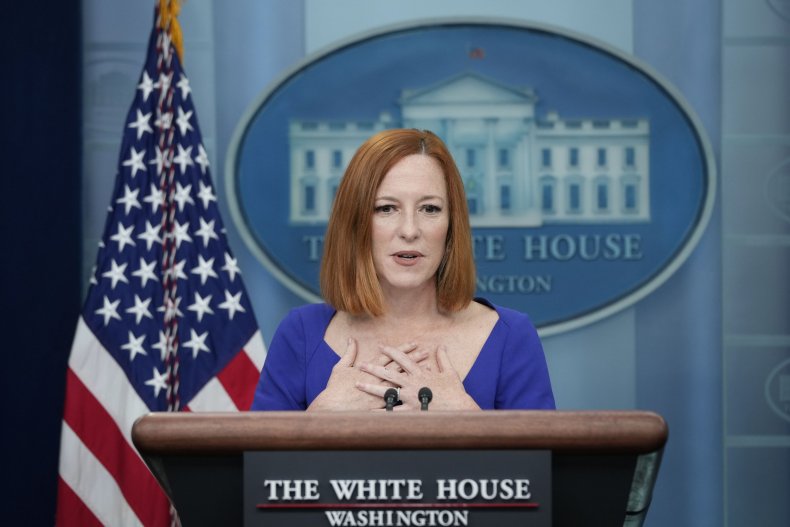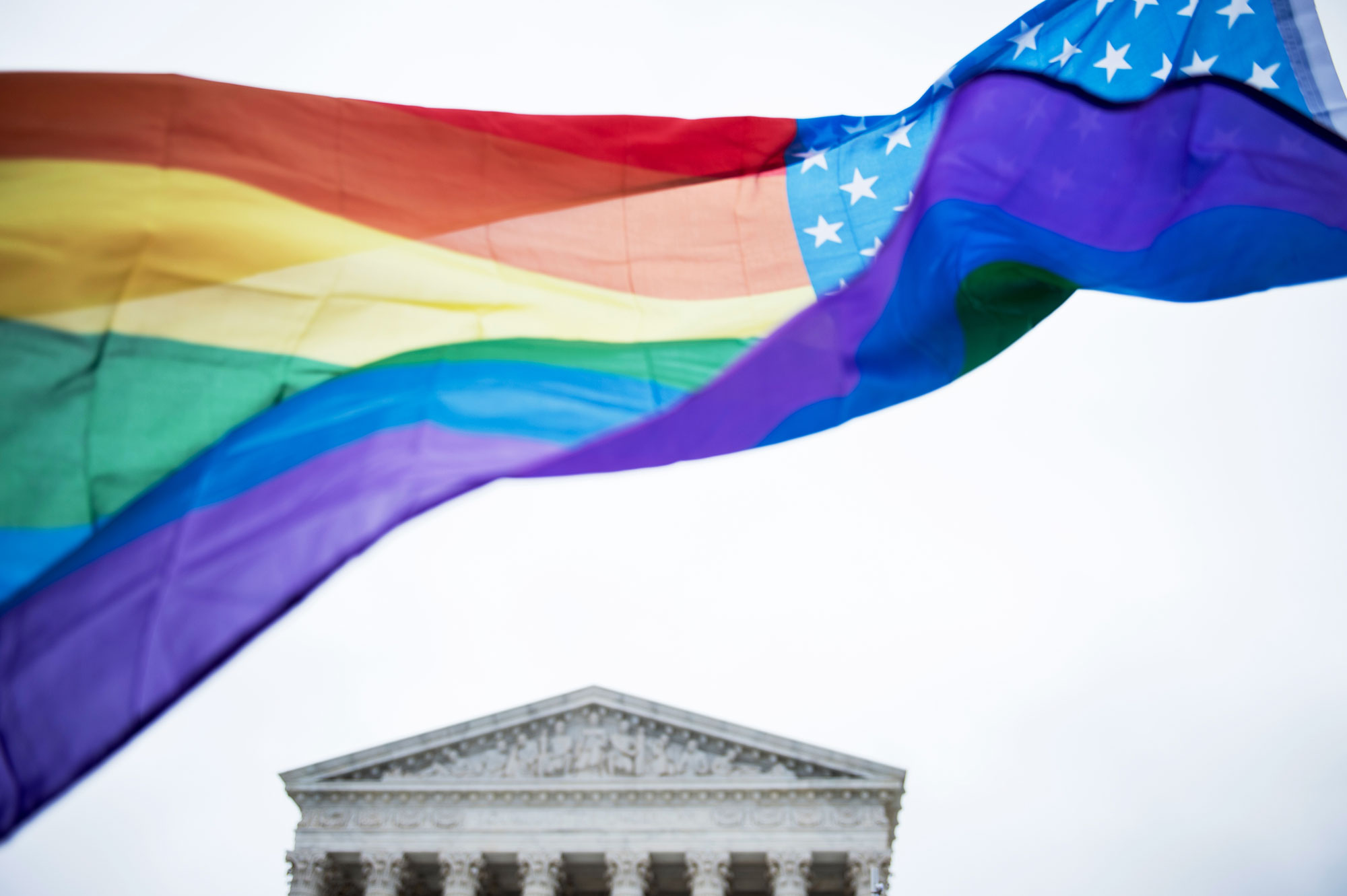Former White House press secretary Jen Psaki warned on Saturday about future repercussions that could stem from a U.S. Supreme Court's decision that rejected a GOP-led effort to change federal election rules through the "independent state legislature theory" (ISL).
In Moore v. Harper, the Court voted 6-3 on Tuesday to reject the ISL theory, which claims that an election clause in the Constitution gives state legislature authority to control federal elections through gerrymandering electoral maps and passing laws that could harm voter rights. Earlier this month, the Brennan Center for Justice reported that the ISL theory "has even been used as political cover to try to overturn elections."
The theory was advanced by North Carolina Republicans in the Moore v. Harper case, which they brought after North Carolina's Supreme Court struck down a congressional map drawn in the GOP-led state legislature over alleged gerrymandering. The map passed a party-line vote in 2021, granting 10 seats to Republicans and four to Democrats.
North Carolina state House Speaker Tim Moore who brought the case forward said during oral arguments, which the U.S. Supreme Court heard in December, that the state court violated the U.S. Constitution's Elections Clause when it overturned the map. He cited the ISL theory to argue that state legislatures have more authority than state courts and state constitutions in regard to federal elections.

However, the Court disagreed with Chief Justice John Roberts writing the opinion. Roberts was joined in the majority by Amy Coney Barrett, Ketanji Brown Jackson, Elena Kagan, Brett Kavanaugh and Sonia Sotomayor. Justices Clarence Thomas, Neil Gorsuch and Samuel Alito dissented.
"Elections Clause does not vest exclusive and independent authority in state legislatures to set the rules regarding federal elections...[and] does not insulate state legislatures from the ordinary exercise of state judicial review," Roberts wrote in the opinion.
In an op-ed published by MSNBC on Saturday, Psaki wrote that while the Court's Tuesday decision was "met with a sigh of relief" as it avoids giving partisan legislatures power to shape election laws, it could still lead to a "problematic path."
The former White House press secretary added that the decision gives authority to federal courts, including the Supreme Court, to decide on election disputes.
"So it was a surprisingly good ruling from the majority of Supreme Court justices. But it may leave room for a lot of judicial mischief leading up to the 2024 presidential election," she wrote.
Federal courts could have the final say on election disputes because the Court's decision provides an open-ended interpretation of election laws.
"While the Court does not adopt a test by which state court interpretations of state law can be measured in cases implicating the Elections Clause, state courts may not transgress the ordinary bounds of judicial review such that they arrogate to themselves the power vested in state legislatures to regulate federal elections," Roberts wrote in the opinion.
Still, former President Barack Obama praised the Court's decision to reject the "fringe theory that threatened to upend our democracy and dismantle our system of checks and balances."
Moore was represented in the case by attorneys from the law firm Cooper & Kirk, including Megan Wold, who served as a law clerk to Alito, who dissented from the majority opinion.
Alito argued that the case should have been dismissed as "indisputably moot" because of new state-level developments that reversed the previous ruling from North Carolina's Supreme Court.
"Today's majority opinion is plainly advisory," the dissent read.
Newsweek reached out by email to Wold for comment.








